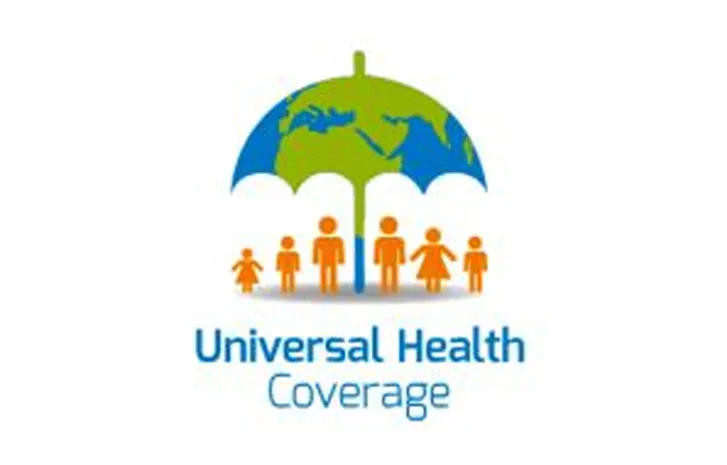
Stakeholders have expressed concerns about Nigeria’s ongoing challenges with poor health outcomes, high maternal and infant mortality rates and inequitable access to essential healthcare services. They are urging the government to prioritise Universal Health Coverage (UHC) as a solution to these systemic issues.
This call was made on Friday in Abuja during a one-day hybrid orientation for media personnel organised by the USAID-funded Breakthrough ACTION Nigeria, in collaboration with the USAID-funded Local Health System Sustainability (LHSS) Project. Science Nigeria reports that the session aimed to raise awareness about UHC and highlight the role of government agencies, particularly the National Health Insurance Authority (NHIA), in ensuring equitable access to healthcare for all Nigerians.
The media training commemorated the 2024 Universal Health Coverage Day, which emphasizes the importance of access to quality healthcare services without financial hardship. Celebrated annually on December 12, UHC Day reminds nations of the need to protect vulnerable populations from the financial burdens of healthcare while promoting fairness and strengthening social cohesion.
The theme for this year, “Health: It’s on the Government!”, highlights the critical role of government leadership and investment in achieving health for all.
Dr. Bolanle Olusola-Faleye of the USAID LHSS Project stressed the importance of a comprehensive approach to healthcare that guarantees equitable access for all Nigerians without financial stress. “Universal Health Coverage is not just an ambitious ideal; it’s a necessary framework for achieving fair healthcare for all. It ensures access to services from health promotion to treatment and rehabilitation without the fear of financial ruin,” she stated.
Olusola-Faleye identified three key dimensions of UHC:
1. Population Coverage: Reaching everyone, particularly vulnerable and underserved populations.
2. Access to High-Quality Services: Ensuring healthcare services are affordable, available, and acceptable.
3. Financial Risk Protection: Preventing financial hardship when seeking care through innovative financing, strategic purchasing, and effective budgeting.
She noted the significant inequities in healthcare access, particularly in rural areas and among low-income families, emphasising the need to expand health insurance coverage and improve service delivery in both public and private sectors. “The road to UHC is filled with challenges, but it is both an economic and social imperative. Improved health outcomes foster economic growth by increasing workforce productivity and reducing healthcare spending,” she added.
Director of planning, research, and statistics at NHIA, Dr. Jonathan Eke outlined the authority’s ambitious goals to expand health insurance coverage across Nigeria. “Our mandate is to reduce out-of-pocket healthcare expenses, which currently account for 75-76 per cent of healthcare costs. No Nigerian should have to sell personal assets or drop out of school to afford medical care,” he said.
Eke highlighted NHIA’s efforts to integrate state health insurance schemes and leverage private sector partnerships to harmonise healthcare contributions from both public and private sectors. “With 19.2 million Nigerians already enrolled in health insurance, we are making progress but recognise the need for greater public awareness and collaboration with state governments,” he added.
He stated that the NHIA is also working to ensure that healthcare services are accessible within a five to ten-minute distance, regardless of location, while addressing systemic challenges through improved governance and regulation.
Prof. Chima Onoka of the NHIA pointed out that systemic inefficiencies, such as over-reliance on government, out-of-pocket payments and misalignment between policies and service delivery, hinder the progress of UHC. He called for greater accountability, policy reforms and enhanced stakeholder collaboration, noting that lessons from private insurance could inform strategies to improve public health insurance schemes.
As Nigeria continues its journey toward achieving UHC, stakeholders agree that bold government action, sound policies and significant investment in health systems are critical to overcoming existing challenges. They believe that President Bola Tinubu’s commitment to expanding health insurance and addressing maternal and infant mortality is a promising step. However, achieving UHC will require sustained political will and community engagement.

